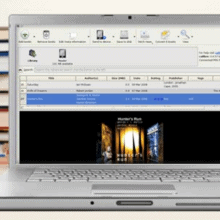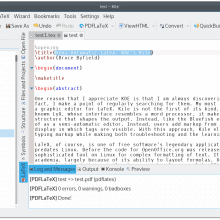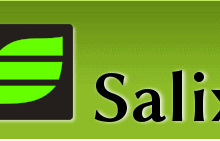Free Software’s Radical Past
Something is absurd about the idea that free and open source software (FOSS) is apolitical. How could a movement that changes the way software is produced and alters conventional notions about the rights of users not be political in the broadest sense? Admittedly, though, FOSS in 2019 seems less political than it used to be.…
Continue reading →









